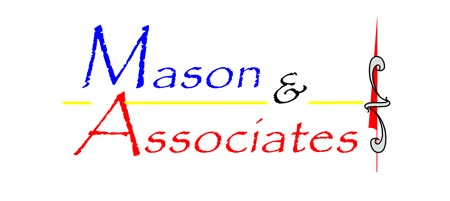Zoning laws are designed to help organize and plan urban areas to benefit all their residents. Depending on how a community is planned, certain parts of towns and cities will be devoted to certain uses, such as residential, commercial or industrial use. When you buy a piece of property, you’re bound by the zoning laws as to what you can do with that property—for example, you likely will not be allowed to build an apartment building or shopping mall in the middle of an industrial factory complex. This is to help contain urban sprawl, curb pollution, make transportation easier and account for other considerations that make for a healthy community.
Why does a principal permitted use matter?
Zoning varies by location, but they all have at least one thing in common: each municipality’s zoning laws include a “principal permitted use.” This land planning designation in Idaho is what you can automatically use your property for, without having to petition the city or county for permission—for example, residential zoning’s principal permitted use is, of course, for homes.
Depending on your city, you may be required to file zoning paperwork anyway, particularly if you’re constructing a new building or development, or are renovating an existing building for a permitted use. This is often called a Certificate of Zoning Compliance, and it’s a way for the municipality to have your intentions for the property on file, and to ensure that it doesn’t conflict with the principal permitted use.
The Certificate of Zoning Compliance is used more for developers—if you’re an average homeowner buying an existing home in a town or city, you usually won’t have to file one of these. However, if you’re building your own home on an empty plot of land or converting an old building into a residence, your location may require you to do so. Always check the zoning laws for your specific location before buying a property, and certainly before beginning construction.
What are the other types of land planning uses?
In addition to the principal permitted use, there is also “conditional use” and “accessory use.” Conditional use is a way that city zoning and planning departments can reserve judgment on a development until they see the developer’s proposed plans—usually in places where developments would cause a significant impact on the community and neighboring properties. This also allows an opportunity for the public to comment on the desired use, and raise any issues they think may impact whether this specific use should be allowed on the property.
Accessory use, on the other hand, is a permitted use in a zoning area which is not the principal permitted use. This also requires approval, but not to the extent a conditional use would. For example, if you’d like to run a daycare out of your home, you’d need to apply for accessory use.
When you’re ready to break ground on your next project and need help with land planning in Idaho, turn to Mason & Associates for all your civil engineering needs.
